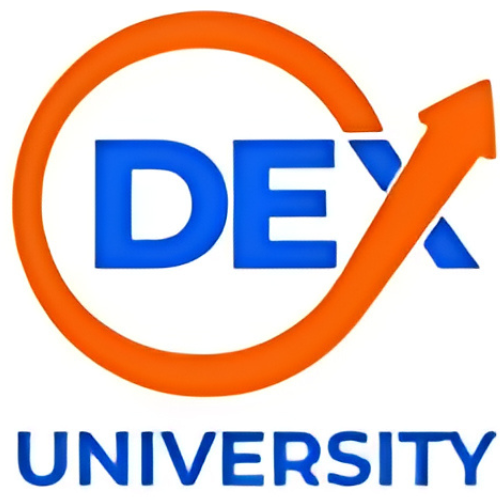About Medical And Biomedical Sciences
Description
The School of Medical and Biomedical Sciences at Dex University offers a robust and interdisciplinary program aimed at preparing students for careers in healthcare and medical research. Our curriculum encompasses a wide range of topics, from human anatomy and physiology to medical ethics and biotechnology. Students will receive a solid grounding in the biomedical sciences, coupled with practical experience in laboratory techniques and research methodologies. Graduates are well-equipped to pursue further studies or enter the healthcare field, contributing to advancements in medicine and patient care.
What Will You Learn?
- Human Anatomy and Physiology: Comprehensive understanding of the structure and function of the human body.
- Medical Ethics: Principles of ethical decision-making in healthcare and medical research.
- Biotechnology: Techniques and applications of biotechnology in medicine.
- Molecular Biology: Study of molecular processes within cells, including DNA, RNA, and protein synthesis.
- Pathology: Understanding of diseases, their causes, and effects on the human body.
- Clinical Laboratory Techniques: Hands-on training in laboratory procedures and diagnostic techniques.
Fields of Study
- Human Anatomy: Detailed study of the human body’s structure.
- Physiology: Exploration of bodily functions and mechanisms.
- Biotechnology: Focus on the use of biological processes for medical advancements.
- Molecular Biology: Investigation of molecular processes and their applications in medicine.
- Pathology: Study of diseases, their diagnosis, and treatment.
- Clinical Laboratory Science: Training in laboratory techniques and diagnostics.
Requirements
- Academic Qualifications: High school diploma or equivalent with strong grades in biology, chemistry, and mathematics.
- Prerequisite Courses: Basic courses in biology, chemistry, and physics.
- Application Materials: Completed application form, transcripts, and a personal statement.
- English Proficiency: Proficiency in English, demonstrated through standardized tests or previous coursework.
- Interview: An interview may be required to assess suitability for the program.
